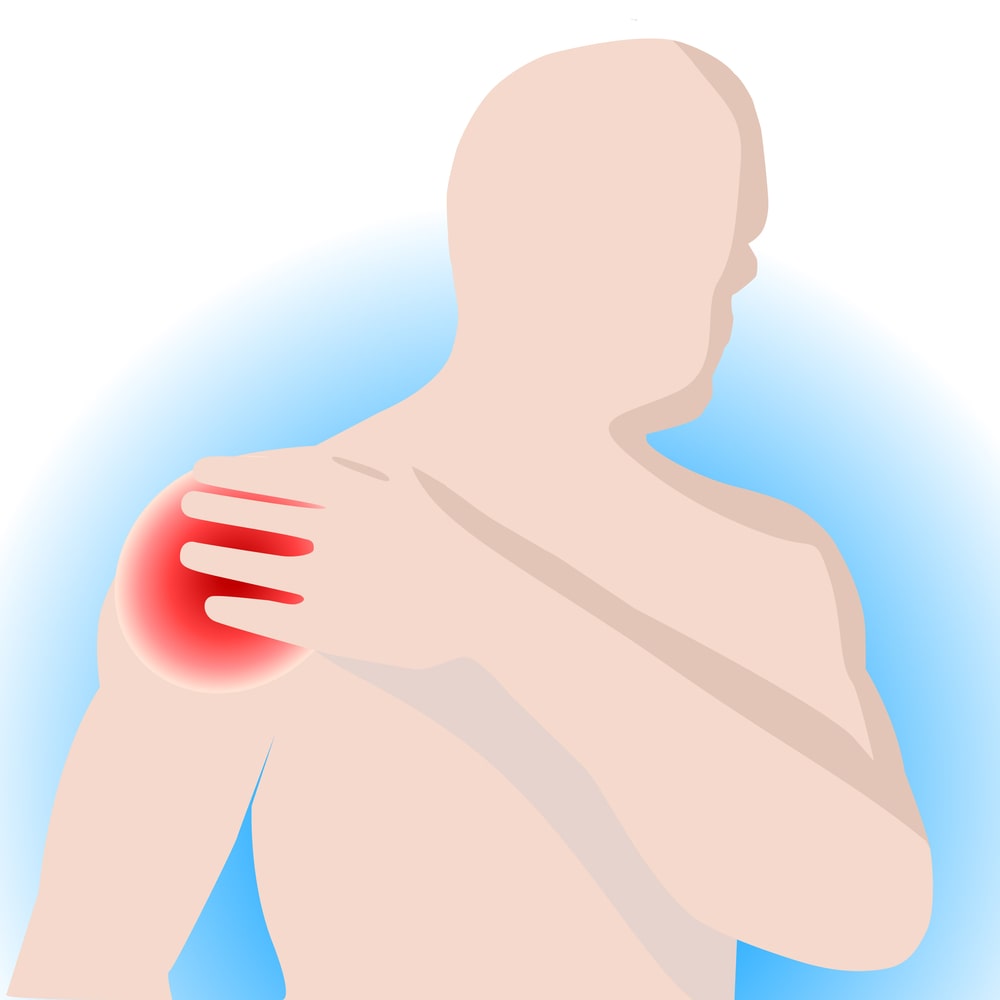The Quick Answer:
- Most orthopaedic surgeons choose to focus on a specific area of the body. This is known as their sub-specialty.
- If experiencing chronic shoulder pain, it’s best to see an Orthopaedic shoulder specialist who focuses and specializes on Upper Extremity areas including the arm, shoulder, wrist, and hand.
The More In-Depth Answer:
It is usually best to schedule a visit with a Board Certified Orthopaedic Surgeon in Wayne, NJ who specializes in shoulders. This is often referred to as a sub-specialty. Just like with any profession, experience matters. If a doctor has extensive experience treating a specific area of the body, the patient will stand to benefit by having their injury or condition properly diagnosed and treated utilizing the best processes.
Many patients don’t realize that there are some general orthopaedic surgeons who regularly treat a wide variety of bone, joint, and muscle injuries, while others choose to continue research and focus their practice extensively in a specific area. For shoulder, an example would be a physician who chooses to specialize mainly in the upper extremity (areas of the arm, wrist, and hand).
Shoulder injuries are common, especially in sports, where players use repetitive motions like swimming, tennis, baseball, and weightlifting. While common in athletes, injuries can occur during everyday activities too.
With all of that said, it is also important to note that the type of doctor you see could also vary depending on the type of injury and pain levels.
If the pain has not become chronic, many patients will try over-the-counter pain relievers, resting and using ice to alleviate the discomfort. Patients should avoid using their shoulders in ways that can potentially worsen the injury.
If pain persists, orthopaedic shoulder specialists typically place injuries into two main categories (traumatic or overuse). The two most common shoulder problems seen by shoulder experts are rotator cuff injuries and instability. Since the shoulder has more mobility than any other joint in the body, it leads to an increase in the likelihood of injury.
Shoulder pain can usually be dramatically reduced or solved with non-operative treatments like medications and physical therapy. Cortisone injections can also help reduce pain and discomfort. If non-operative management fails to reduce pain and discomfort, surgery may be necessary. In that case, a Board Certified Orthopaedic specialist (with a focus on Shoulder / Upper Extremity should be the preferred choice.






